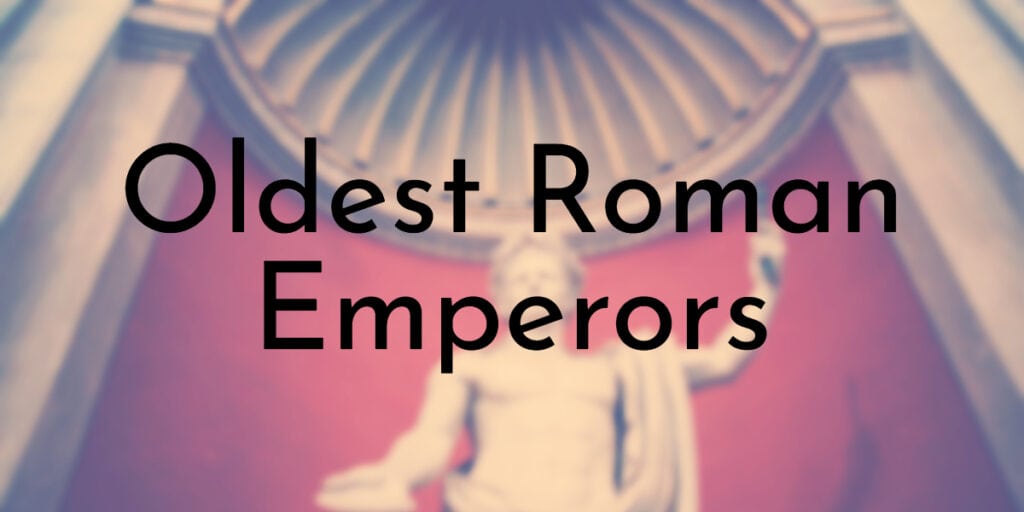The Roman Empire spanned for centuries and was ruled by some of the most powerful and influential leaders in history. From Julius Caesar to Constantine the Great, these emperors have left a lasting impact on the world as we know it today. However, before these well-known leaders, there were several other emperors who paved the way for their successors.
In this article, we will explore the lives and legacies of the seven oldest Roman emperors, who were instrumental in shaping the empire during its early years. From Augustus to Trajan, we will delve into their reigns, accomplishments, and challenges, offering a glimpse into a time that shaped the course of Western civilization.
7. Publius Helvius Pertinax (August 1, 126 CE – March 28, 193)
Age: 66 years old
Predecessor: Commodus
Successor: Didius Julianus
Spouse: Flavia Titiana
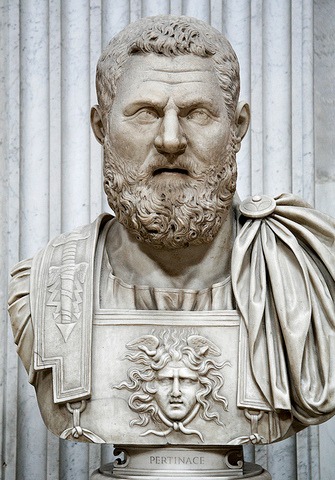
Publius Helvius Pertinax was a Roman emperor who ruled from January 1 to March 28 in 193 CE. Born on August 1, 126 CE, in Liguria, Italy, Pertinax came from a humble background and worked his way up through the ranks of the military and government. He served as a governor in various provinces and was eventually appointed as the city prefect of Rome under Emperor Commodus.
After the assassination of Commodus in December 192, Pertinax was chosen by the Praetorian Guard to be the next emperor. However, his reign was short-lived, as he faced numerous challenges, including opposition from the Senate and widespread corruption in the government.
Did You Know?
He was assassinated by the Praetorian Guard on March 28, 193, after only 87 days in power.
6. Nerva (c. 30 CE – January 98 CE)
Age: 68 years old
Predecessor: Domitian
Successor: Trajan
Spouse: Not Specified
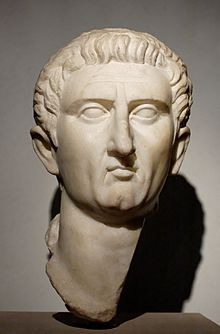
Nerva was born around 30 CE in Narni, Italy, and came from a wealthy and distinguished family. Nerva served as a senator under Emperor Nero and held several important positions, including the governor of the province of Germania Superior.
Following the assassination of Emperor Domitian in 96 CE, Nerva was selected by the Senate to be the next emperor. He was already 68 years old at the time of his ascension to the throne, making him one of the oldest Roman emperors. Nerva’s reign was marked by efforts to restore stability and order to the Roman Empire, which had been plagued by corruption and unrest under Domitian.
He repealed many of Domitian’s unpopular policies and restored the rights of exiles and political prisoners. One of Nerva’s most significant actions as emperor was the adoption of his successor, Trajan. This marked the first time that a Roman emperor had been chosen through adoption rather than birth or military conquest. Trajan went on to become one of Rome’s most successful and beloved emperors.
Did You Know?
Nerva also initiated several public works projects, including the construction of aqueducts and roads.
5. Vespasian (November 17, 9 CE – June 24, 79 CE)
Age: 70 years old
Predecessor: Vitellius
Successor: Titus
Spouse: Domitilla the Elder, Caenis
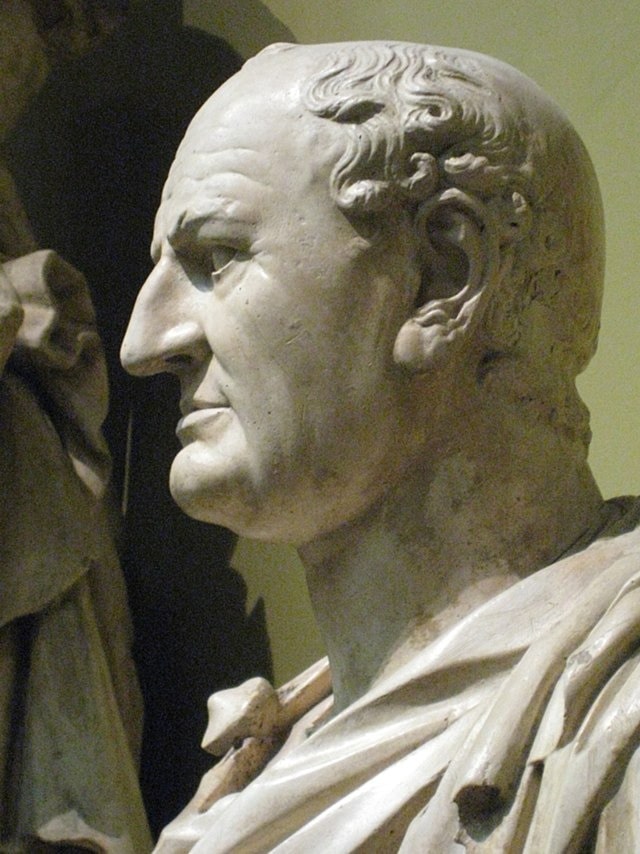
Vespasian served as a military commander under several emperors and gained a reputation as a skilled and competent leader. In 69 CE, following the death of Emperor Nero and a period of civil unrest known as the Year of the Four Emperors, Vespasian was proclaimed emperor by his troops in Egypt. He quickly secured his position and set about restoring order and stability to the Roman Empire.
Vespasian’s reign was marked by numerous accomplishments, including the construction of the Colosseum and the expansion of Roman territory in Britain. He also reformed the Roman tax system and implemented measures to reduce corruption in the government. Vespasian died on June 24, 79 CE, at the age of 70. He was succeeded by his son, Titus.
Did You Know?
He was known to have a fondness for scatological humor and once reportedly made a quip about money “not smelling” in response to criticism of his taxation policies.
4. Diocletian (245 CE – 316 CE)
Age: 71 years old
Predecessor: Carinus
Successor: Galerius (East), Constantius I (West)
Spouse: Prisca
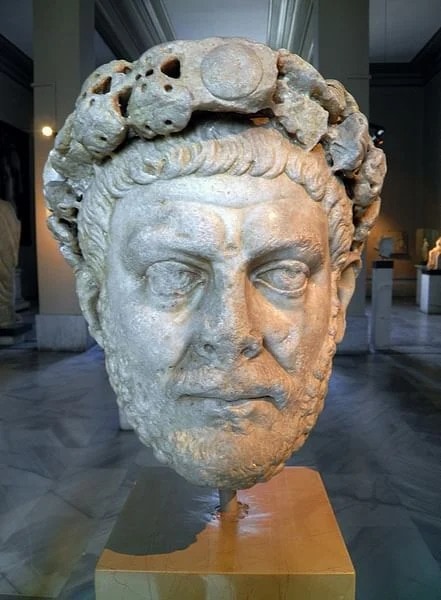
Diocletian was born in 245 CE in the province of Dalmatia, which is now modern-day Croatia. Diocletian came from a humble background and rose to power through military service, eventually becoming one of the most powerful and influential emperors in Roman history. Diocletian’s reign was marked by several significant reforms that aimed to address the economic, political, and military challenges facing the Roman Empire.
He introduced a new system of government known as the Tetrarchy, which divided the empire into four administrative regions and established two emperors and two subordinate Caesars to rule over them. Diocletian also undertook significant military reforms, strengthening the Roman army and expanding the empire’s borders.
Did You Know?
He is known for his successful campaigns against the Sassanid Empire and his efforts to quell rebellions in various parts of the empire.
3. Antoninus Pius (September 19, 86 CE – March 7, 161 CE)
Age: 74 years old
Predecessor: Hadrian
Successor: Marcus Aurelius, Lucius Verus
Spouse: Annia Galeria Faustina
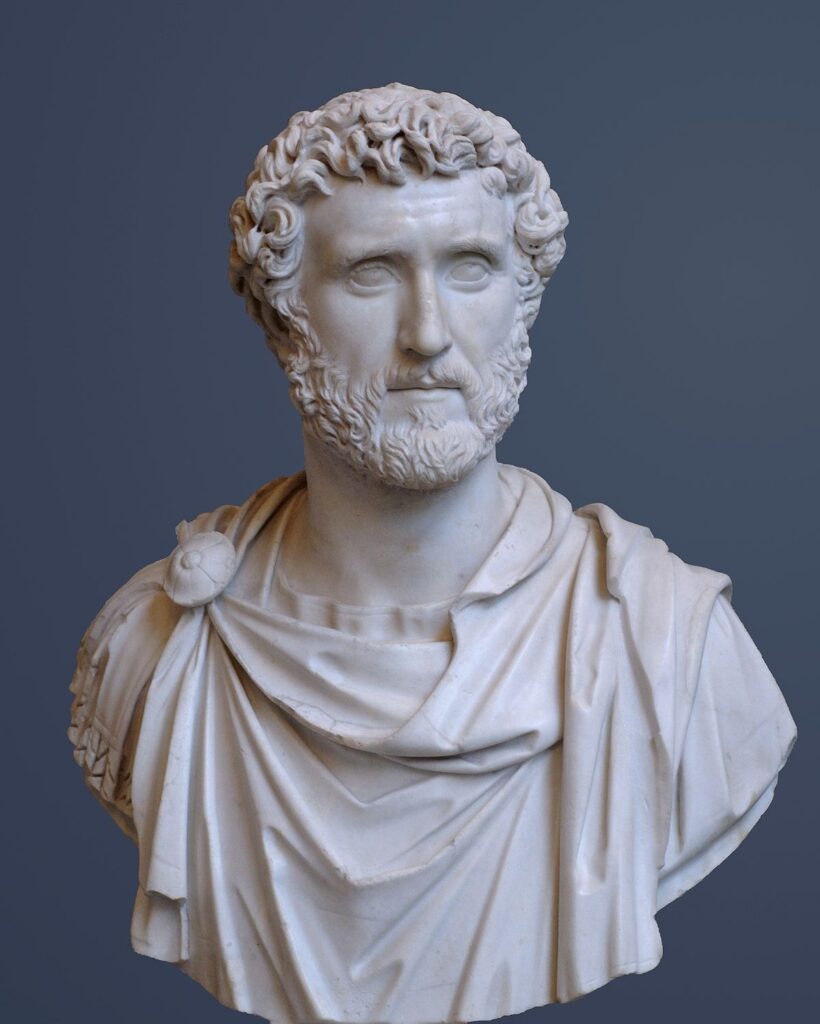
Antoninus Pius was a Roman emperor who ruled from 138 to 161 CE and is considered one of the “Five Good Emperors” of Rome. He was born in Lanuvium in 86 CE and is known for his peaceful and prosperous reign. He succeeded Hadrian, his adoptive father, and continued his policies, including the construction of public works projects throughout the empire and the consolidation of Roman territories.
Antoninus Pius was married to Annia Galeria Faustina and had several children. He faced challenges during his reign, including the Antonine Plague, one of the deadliest pandemics in human history. Despite this, Antoninus Pius focused on the welfare of his subjects and implemented policies to support agriculture, trade, and commerce. He died in 161 CE at the age of 74 and was succeeded by his adopted sons, Marcus Aurelius, and Lucius Verus.
Did You Know?
Antoninus Pius is remembered as one of the most effective and benevolent emperors in Roman history and is often cited as a model of good governance and wise leadership.
2. Tacitus (c. 200 CE to c. June 276 CE)
Age: 76 years old
Predecessor: Aurelian
Successor: Florianus
Spouse: Ulpia Severina
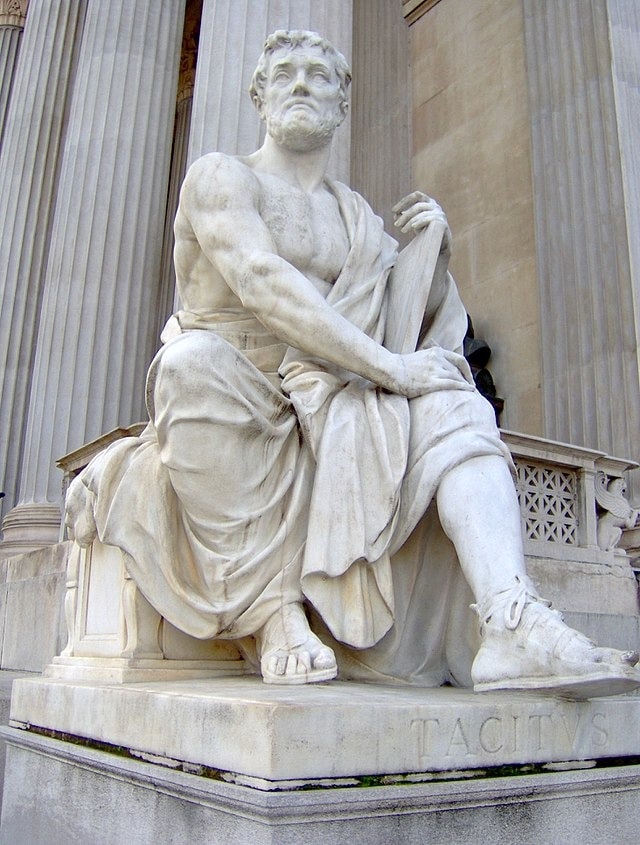
Marcus Claudius Tacitus had a distinguished career as a military commander and politician prior to his accession to the throne. Tacitus was chosen by the Roman Senate to become emperor following the assassination of the previous emperor, Aurelian. During his brief reign, Tacitus focused on restoring order to the Roman Empire after a period of instability and unrest.
He reformed the imperial administration and the coinage system, and he also worked to improve relations with the Senate and the people of Rome. Tacitus is perhaps best known for his victory over the Goths at the Battle of Naissus in 268 AD, which earned him the title of Gothicus Maximus. However, his reign as emperor was short-lived, as he died in 276 AD after just 18 months on the throne.
Did You Know?
His reign also marked a transition from the chaotic period of the Crisis of the Third Century to a more stable era of the Roman Empire.
1. Gordian I (c. 157 CE – April 238 CE)
Age: 81 years old
Predecessor: Maximinus Thrax
Successor: Pupienus and Balbinus
Spouse: Fabia Orestilla
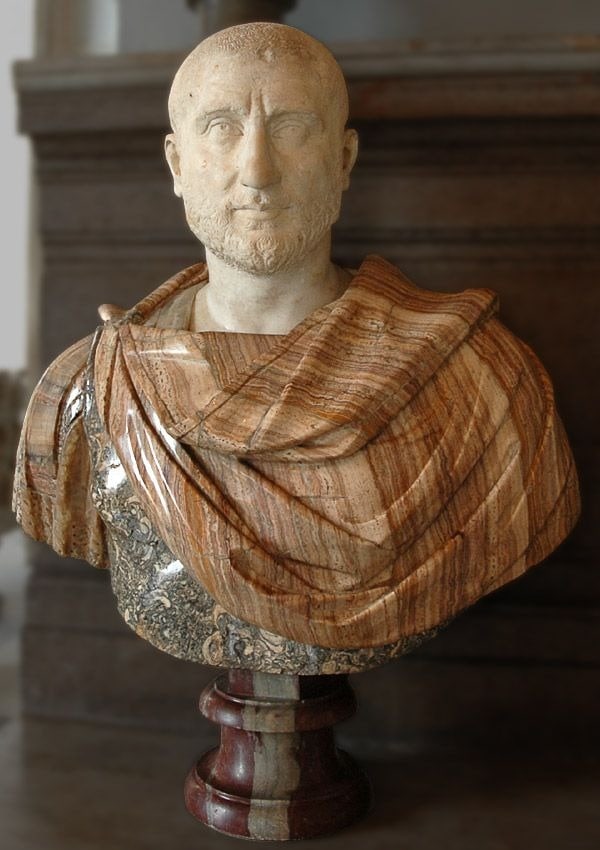
Gordian I was an important figure in Roman history as he is known as the oldest Roman emperor in history. He was born around 157 CE and became emperor at the age of 81 after the death of his predecessor, Maximinus Thrax. Gordian I’s reign was short-lived, lasting only a few weeks in 238 CE, before he was overthrown and replaced by co-emperors Pupienus and Balbinus. Gordian I was married to Fabia Orestilla, and little is known about his life prior to becoming emperor.
His advanced age at the time of his reign was unusual for a Roman emperor, as most rulers in the past had been much younger. Despite this, Gordian I is said to have been a respected and capable leader during his brief time on the throne. During his reign, Gordian I faced challenges from both the Senate and the army, as well as from rival claimants to the imperial throne. He was ultimately defeated in a battle against the forces of Maximinus Thrax, which led to his capture and subsequent suicide.
Did You Know?
Gordian I was reportedly a deeply religious man, and he was known for his devotion to the gods. He was said to have kept an altar in his palace where he would offer daily sacrifices.


